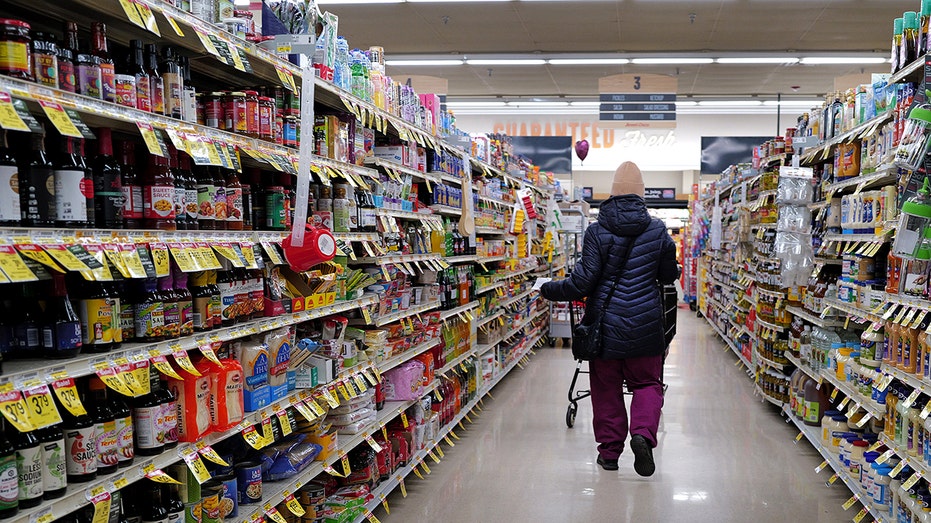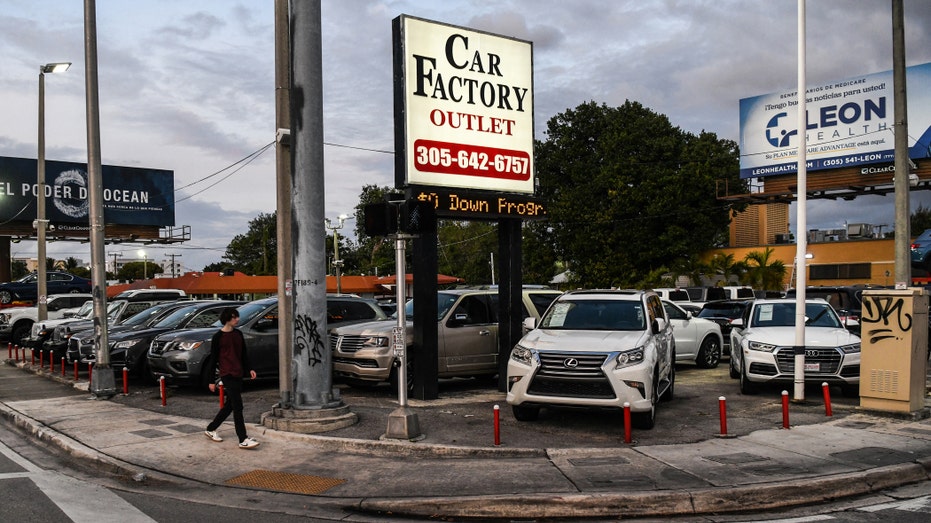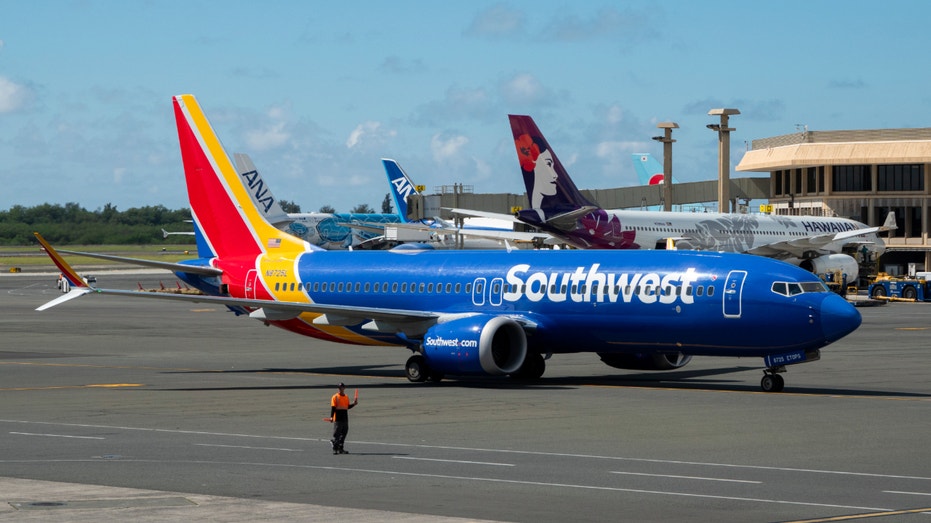Inflation rose faster than expected in February as an increase in the cost of rent and gasoline kept prices elevated for millions of U.S. households.
The Labor Department said Tuesday that the consumer price index, a broad measure of the price of everyday goods including gasoline, groceries and rent, rose 0.4% in February from the previous month. Prices climbed 3.2% from the same time last year. Both of those figures are higher than they were the previous month.
“Inflation continues to churn above 3%, and once again shelter costs were the main villain,” said Robert Frick, corporate economist at the Navy Federal Credit Union. “The good news is food prices didn’t rise last month, but the bad news is one of the other main pain points for consumers, transportation costs, rose quite a bit.”
Here is a breakdown of where Americans are seeing prices rising and falling the fastest as they continue to wrestle with sticker shock.
INFLATION RAN HOTTER THAN EXPECTED IN FEBRUARY AS HIGH PRICES PERSIST
Rent
Housing costs were once again one of the biggest drivers of inflation last month. Rent costs rose 0.4% for the month and are up 5.8% from the same time last year.
Rising rents are concerning because higher housing costs most directly and acutely affect household budgets. Another data point that measures how much homeowners would pay in equivalent rent if they had not bought their home also climbed by 0.4% from the previous month.
RISING CHILD CARE PRICES STARTING TO BITE US FAMILIES
Food
Food has been one of the most visceral reminders of red-hot inflation for Americans. In February, the cost of groceries was unchanged – a major reversal from January, when it rose 0.4%.
However, on an annual basis, grocery prices remain up 1%, according to the data. And when compared with January 2021, before the inflation crisis began, grocery prices are up a stunning 21%.

The cost of eggs surged 5.8% in February amid another outbreak of the avian flu. Consumers also paid more for other goods, including breakfast cereals (2%), cookies (2.1%), beef and veal (0.5%), bacon (0.9%), ham (1.2%), bananas (1.7%), sugar (0.6%), butter (0.2%) and fresh vegetables (1.5%), including lettuce (2.5%) and tomatoes (2.6%).
However, there were also some substantial declines in food prices last month. The cost of coffee, bread, pork, hot dogs, chicken, milk, cheese, apples and citrus fruits all fell in February.
CREDIT CARD DEBT RISING IN DOUBLE-EDGED SWORD FOR ECONOMY
Energy
Energy prices jumped in February for the first time in months, adding to the financial pressure that many families are already enduring. Prices rose 2.3% during the month, including a 3.8% jump in gasoline.
The average cost of a gallon of gas hit $3.94 on Tuesday, according to AAA, up more than 6% from one month ago. It marks the highest level in four months for gas prices.
Electricity costs also rose 0.3% in February and remain 3.6% higher than the prior year.
Cars
There was some bad news for Americans looking to buy a used car in February.
The cost of used cars – which were a major component of the inflation spike in 2022 – inched higher last month, rising 0.5%. However, used car prices are down 1.8% year over year.

But new car and truck prices inched 0.1% lower in February. Prices remain up 0.4% from the same time last year.
There’s another problem for car owners: rising insurance costs. Auto insurance jumped 0.9% in February, after rising the previous three months. On an annual basis, prices are up a stunning 20.6%.
Travel and Transportation
Airline tickets continued to trend upward in February, rising 3.6% over the duration of the month.

The cost of tickets is down about 6.1% when compared with last year, according to the data.
Read the full article here
 Trending:
Trending:















